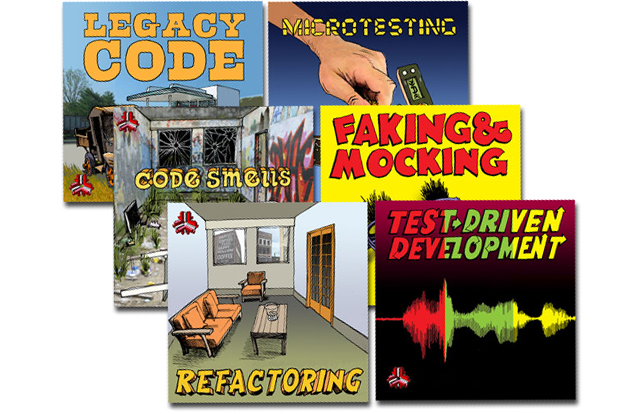Last night I was having a conversation with a friend who is beyond unhappy at her job.
She spent over two hours talking about a myriad of problems: a boss who doesn’t listen or support, an organization who refuses to change, a job that yields no joy. She’s overworked and exhausted.
I asked, “So, why don’t you quit?”
She looked at me like I had three heads.
“Well,” she stammered, “I mean, I’ve thought about it, but all places have their issues, and I’m not sure things would be any better somewhere else.”
Listen, I get it. I’ve been there. You’re stuck in a job that you don’t know how to get out of. But when is it bad enough that you should actually cut your losses and leave?

6 Reasons to Quit Your Job
- You wake up every morning and you’re met with Work Dread.
We spend a significant amount of time at work — one third of our lives, in fact. It’s one thing to be moving through a temporarily stressful time at work, it’s quite another to suffer endlessly day in and day out. - You don’t get support from your leader.
As a former people manager I can tell you it’s super easy to get sucked into solely focusing on the pressures of deliverables rather than those who report to you. A vital part of feeling psychological safety at work is having a boss who makes sure you’re getting what you need and is actually available when you need an ear or really anything at all. - You’ve asked for change and have been met with silence.
While no organization can change everything all at once, there needs to be a showing of good faith and acknowledgment of problem areas. Silence breeds a lack of trust, and that creates an unsafe work environment. - There’s no work life balance — and that’s the norm culturally.
You get emails from coworkers at all hours of the day and night, and suddenly you find yourself feeling obligated to check your email as often as possible. This sort of behavior is a breeding ground for burnout. - Organizational support is performative.
Has your company talked about wanting to change things for the greater good? Are words like “diversity, equity and inclusion” something that have been discussed once and then no actions have been taken? If work values are important to you and you don’t see change happening, ask yourself if those are dealbreakers. - Your mental health has taken a hit with no offers for help.
This is a non-negotiable. During Covid 40% of employees reported feeling hopeless, burned out and exhausted. It’s crucial to hear from your employer that help is available if you need it, whether that be time off or needing to make a change to the way you’re working.
There’s a sort of faux comfort in staying at a job that is dysfunctional — almost like staying in a bad relationship we at least know what we can expect.
So, how do you actually get out of this spiral and find the guts to leave?
- First, recognize your feelings are valid. There’s no need to seek approval for what you feel. Your feelings are enough. Trust them.
- Come up with a plan. Help yourself by contextualizing all the reasons you’d like to leave so that you feel clear about what you want and need.
- Talk to those who you know you can get support from. Colleagues, friends, family. Don’t feel like you have to process this in a vacuum.
Something new would be unknown and feels terrifying. But what’s really terrifying is not giving ourselves the opportunity to be happy. We all deserve to live our best life, and if you find that you’re not living it with the job you have, allow yourself the freedom to change your story.




